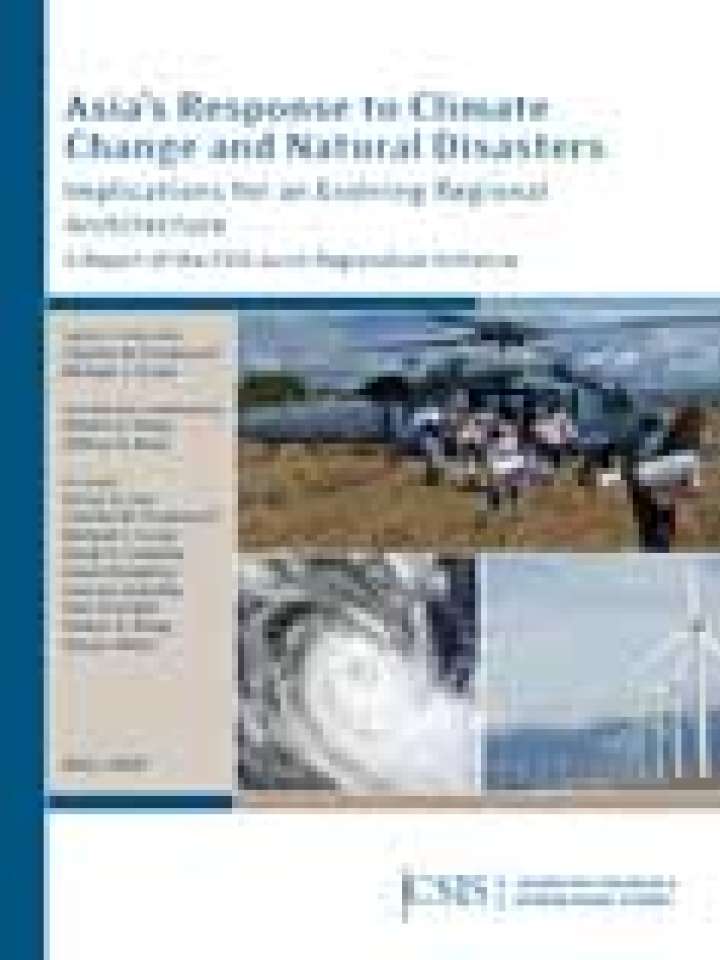Asia's response to climate change and natural disasters
Implications for an evolving regional architecture:
This report examines the politics of climate change in Asia, the region's response to natural disasters, and the implications for the future geometry of Asia's institutions and United States policy in the region. It looks at two areas of non-traditional security cooperation in Asia: (i) climate change, and (ii) regional approaches to disaster management; and measures means by which regional actors can come together for collective action in response to non-traditional security and transboundary issues in short-term crises (like natural disasters) or long-term, unfolding catastrophes (like climate change).
The volume draws on case studies to assess the utility of existing and emerging institutions as the United States and the region seek greater cooperation on both traditional and non-traditional security challenges. It discusses the problems related to lack of coordination at different levels, the uncertain role of the military, and continuing gaps in resources and expertise in key organizations. It concludes that the United States will continue to play a critical role in supporting the region's response to many of the natural disasters it will face, and recommends that the United States seek to focus Asia's attention on the long-term threat of climate change and other slow-onset disasters.
Explore further
